Thinking of getting into documentary filmmaking but not sure where to start? Seasoned documentary filmmaker and Henry’s camera expert, Gajan Balan, shares his three most valuable tips and best practices to help aspiring filmmakers create compelling documentaries. These tips will help you embark on your documentary filmmaking journey with confidence and achieve outstanding results.
1. Visualize the Process
Before diving into the technical aspects of documentary filmmaking, it’s crucial to have a clear understanding of the story you want to tell. The more time you invest in defining and visualizing your story, the smoother your documentary filmmaking journey will be.
Here are a few things to consider once you’ve figured out what you’re going to capture and the story you want to tell:
- Spend ample time considering your journey and visualizing how the project will unfold.
- Decide whether your filming locations will be indoors, outdoors or a combination of both.
- Look at other projects and behind-the-scenes footage online to get an idea of what your day-to-day filming might look like.
- Determine if you will shoot alone or have a team around you.
- Reach out to cinematographers you admire for recommendations and advice.
2. Select the Right Gear
Investing in the appropriate gear is essential to capturing high-quality footage and audio for your documentary.
Audio: Start by considering what you hope to achieve in terms of audio. When you’re shooting in the field, you want to ensure you’re equipped to capture clear dialogue. Determine the microphone that will best suit your needs and how it will interface into the camera you’re going to use.
The Rode NTG-5 offers exceptional sound isolation. It’s able to isolate in-field audio and focus on the subject in front of the camera. It’s a premium solution, but with a microphone like this one you invest in it once and use it for a really long time.
Camera: Selecting the right camera for documentary filmmaking is crucial. There are a lot of options on the market, but the Canon C70 is a top choice with its mini XLR inputs for your microphone, a true cinematic sensor, built-in ND filters, a traditional design and robust filmmaking features like waveforce, false colour and proxy recording. More importantly, the image quality and dynamic range of this camera’s sensor really cater to documentary filmmaking projects.
Lens: A reliable lens that will be invaluable for your documentary work. The Canon RF 15-35mm f/2.8 lens offers a wide perspective and is suitable for various shots. With its super 35 sensor, the lens offers an equivalent full-frame perspective of approximately 20 to 50 millimeters. This range perfectly covers preferred focal lengths for cinematographers —28, 35, and 50 millimeters. It also gives you the ability to go as wide as close to 20 millimeters to capture expansive scenes that expand the perspective for the viewer.
3. Keep the Camera Rolling
Keep the camera rolling and capture as much footage as possible. Don’t worry about hard drive space; the priority is to gather extensive coverage and put your timeline together. Think about capturing shots for the editor back at the desk and providing enough options to create an interesting edit.
When you set out to capture your story, overinvest in how much footage you capture, your future self or your editor will thank you later. For perspective, in a recent documentary film project, Balan had about two to five minutes of actual project footage for each hour captured. With that conservative approach, he had to capture three to five hours of footage each day, outside of any talking head and drone shots.
When setting out on your documentary project, start by knowing your story, then consider the three tips Balan shared based on his documentary filmmaking experience – visualize your process, choose the right gear and overinvest in footage – and don’t be afraid to talk to an expert at your local Henry’s store or go to Henrys.com and speak to an expert online.
What’s Next:
- Explore the Top 10 Cameras of 2022
- Learn about Henry’s Price Promise
- Take Advantage of 0% Financing
- Find a Henry’s near you
- Learn about Henry’s Trade-and-Upgrade Program
- Protect your purchase with Henry’s Extended Life Plan
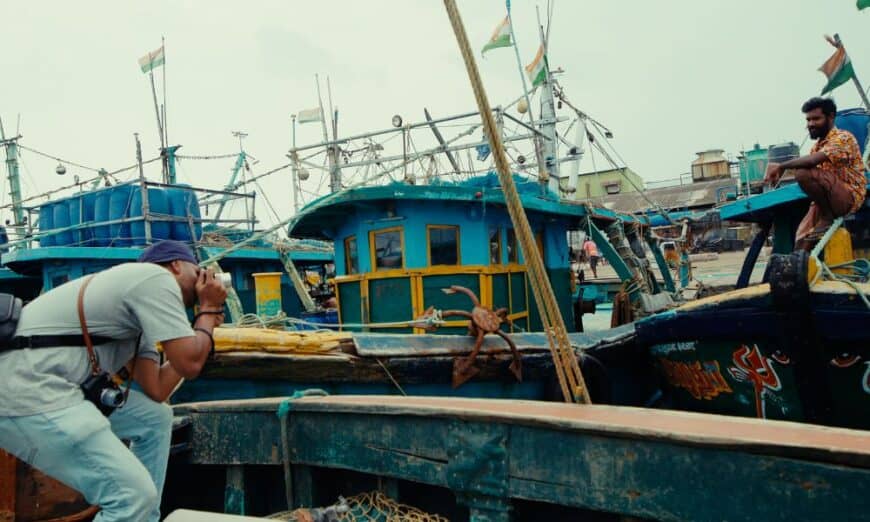
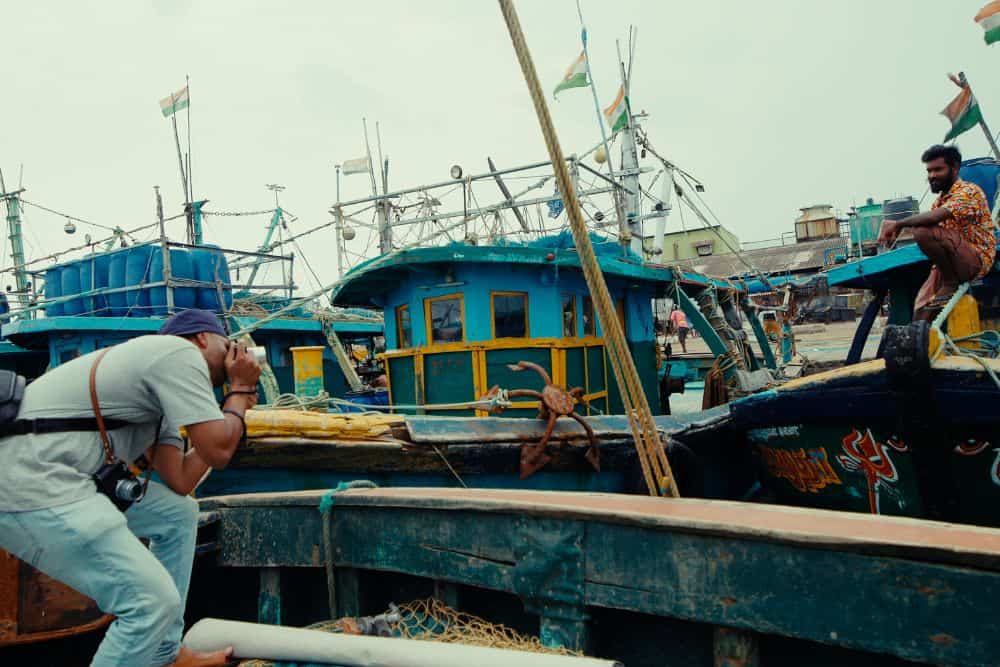
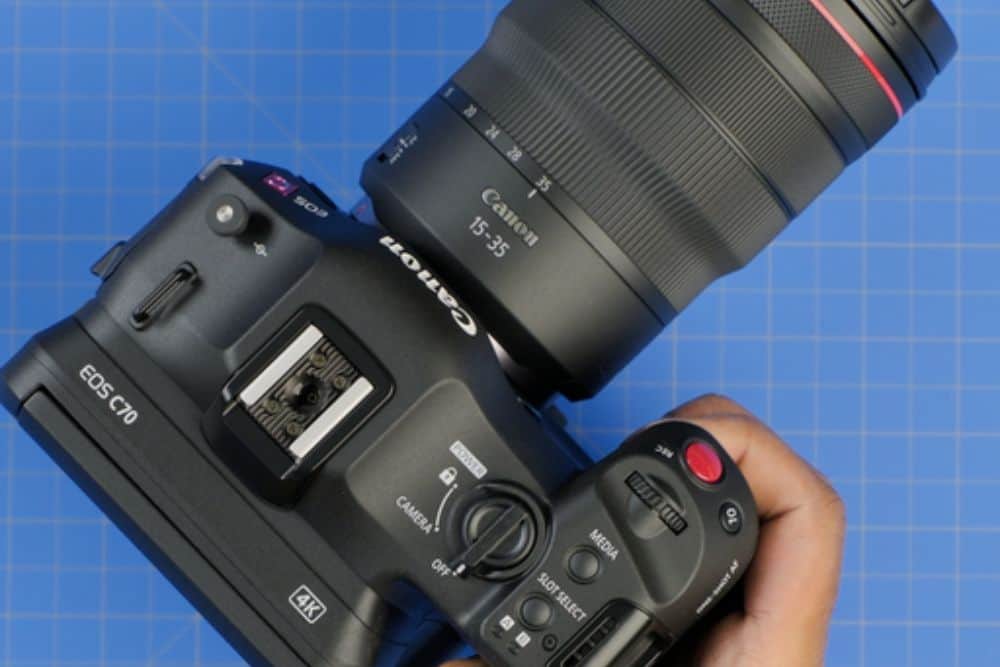
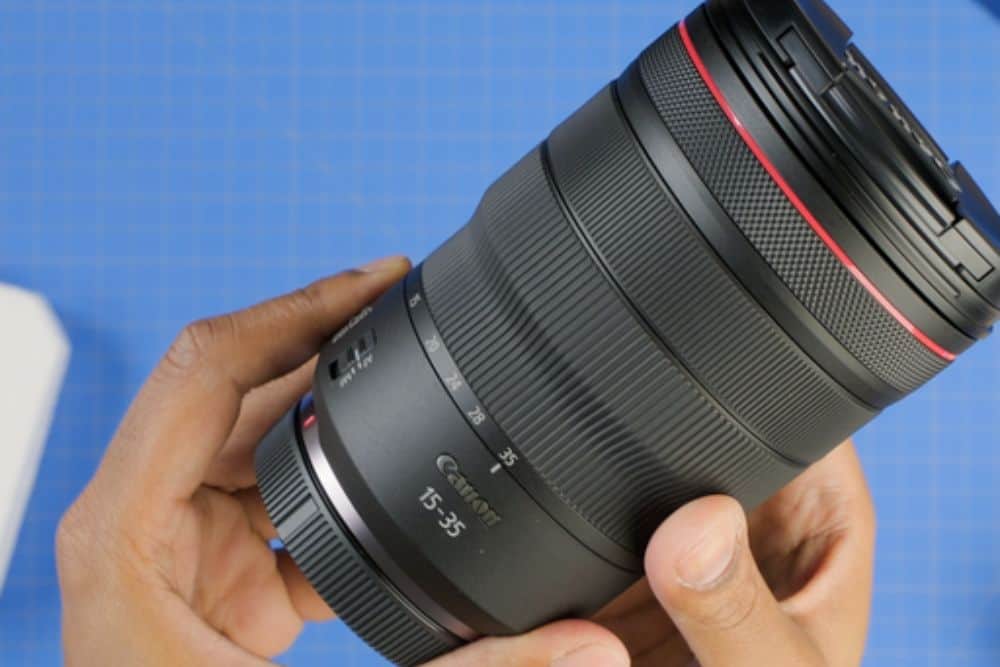

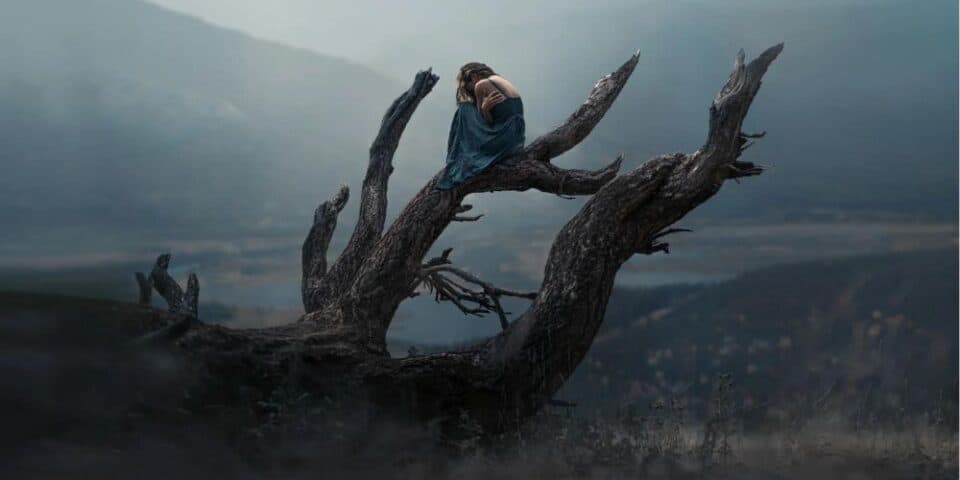

COMMENT (1)
Pingback: Top 10 Must-Have Video Camera Accessories | Photography and video news, reviews and tips | Henry's Camera